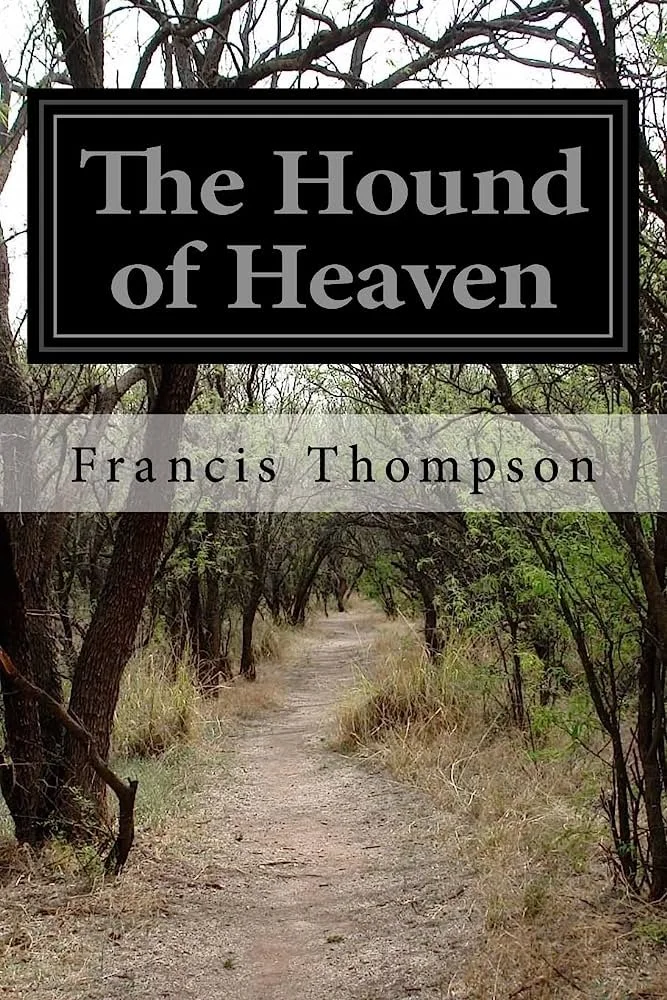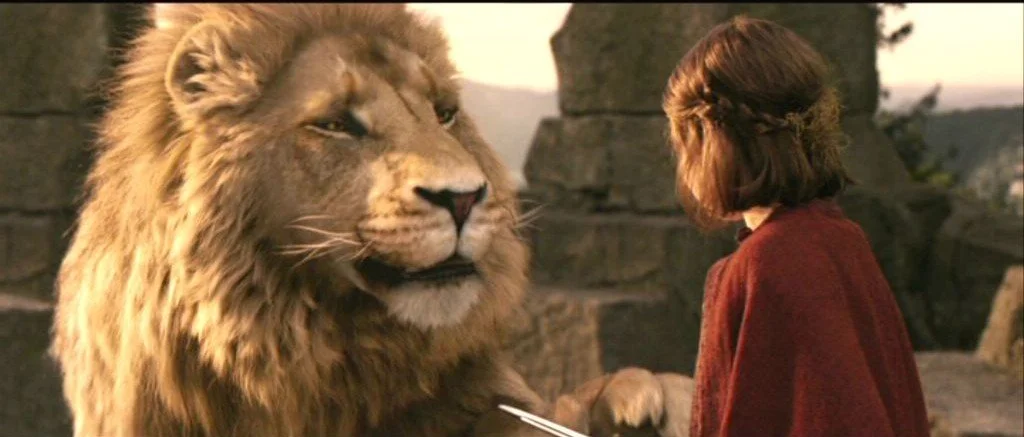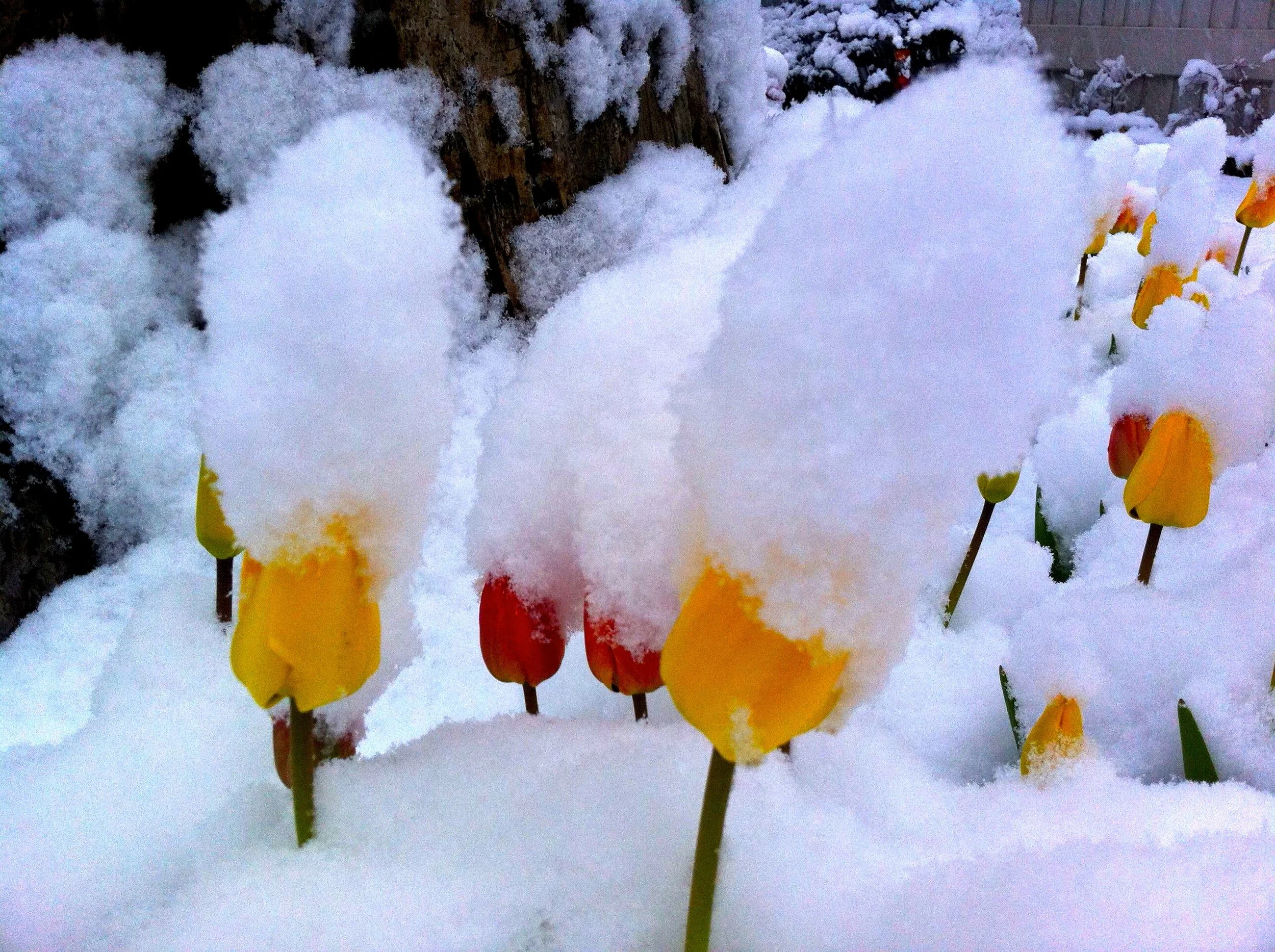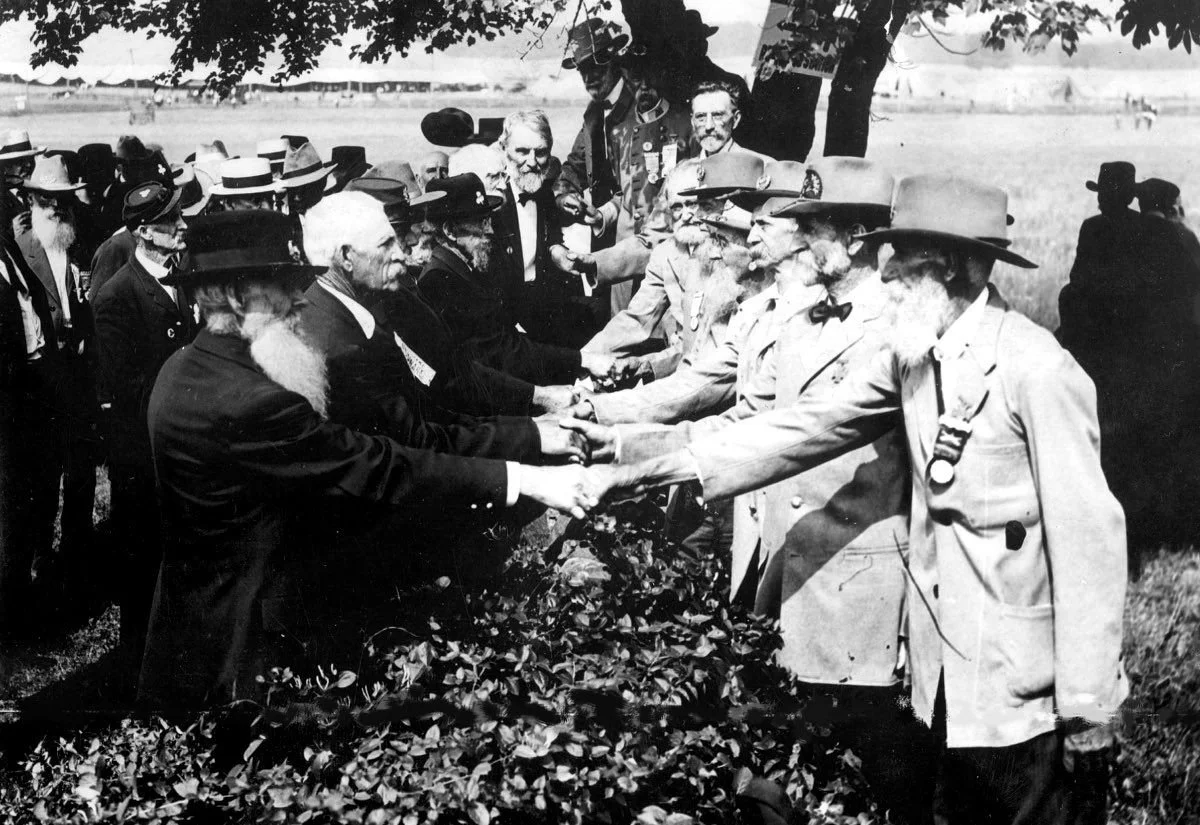Hound of Heaven
“The name is strange. It startles one at first. It is bold, new, and fearless. It does not attract, but rather the reverse. But when one reads the poem, this strangeness disappears. The meaning is understood.”—J. F. X. O’Connor, S. J., in A Study of Francis Thompson’s Hound of Heaven (John Lane Company, 1912), p. 7.
Once a week, I meet with friends who share how God works in their lives. I attend this meeting on Saturday morning because I believe in miracles, which are always affirmed by what I hear and see. These are people once caught in addiction who thought there was no way out—but somehow, through the grace of God and with the help of community, found a new life. I give up my Saturday morning to meet with people I have seen for years and others I have never met. There are people from all walks of life, many of whom I would not have known otherwise.
People often talk about when they realized there might be a way out of their old lifestyle. They call it a moment of clarity. Many were desperate. Some knew this was not the path they would ever choose, but there they were.
They were all initially uncomfortable when they came to the group for help. I attended this 12-step group for the first time around Thanksgiving. I can remember seeing posters about a Thanksgiving potluck. I remember thinking, I don’t enjoy being here, and goodness knows I don’t want to eat with these people either! Today, over thirty years later, most of the people I go out to eat with are those I met through this community!
Many talk about how they did not understand what gave them the courage to attend this meeting. Story after story reveals that there is something greater than all of us—caring, loving us, and calling us to become the persons we were created to be. I also observe this phenomenon in individuals seeking spiritual direction. Something is calling us out of our God hole—the God, the Christ within us, who, deep down inside our being, makes us aware that we are unconditionally loved.
In 1893, Francis Thompson wrote a 182-line poem about his experience of being “hounded” by God, which he titled The Hound of Heaven. I could not have given a better description.
Another reader, Don Follis, reminds us about his experience with The Hound of Heaven.
“The Hound of Heaven is relentless, patient, tenacious, and, thank God, good!”
Don also sent a quote from C.S. Lewis’ The Lion, the Witch, and the Wardrobe.
“Aslan is a lion—the Lion, the great Lion.” “Ooh,” said Susan. “I’d thought he was a man. Is he quite safe? I shall feel rather nervous about meeting a lion.” “Safe?” said Mr. Beaver, “Who said anything about safe? Course he isn’t safe. But he’s good. He’s the King, I tell you.”
Joanna. https://www.joannaseibert.com/
There is a 12-step Eucharist at St. Mark’s at 5:30 in the chapel every first Wednesday of the month.






